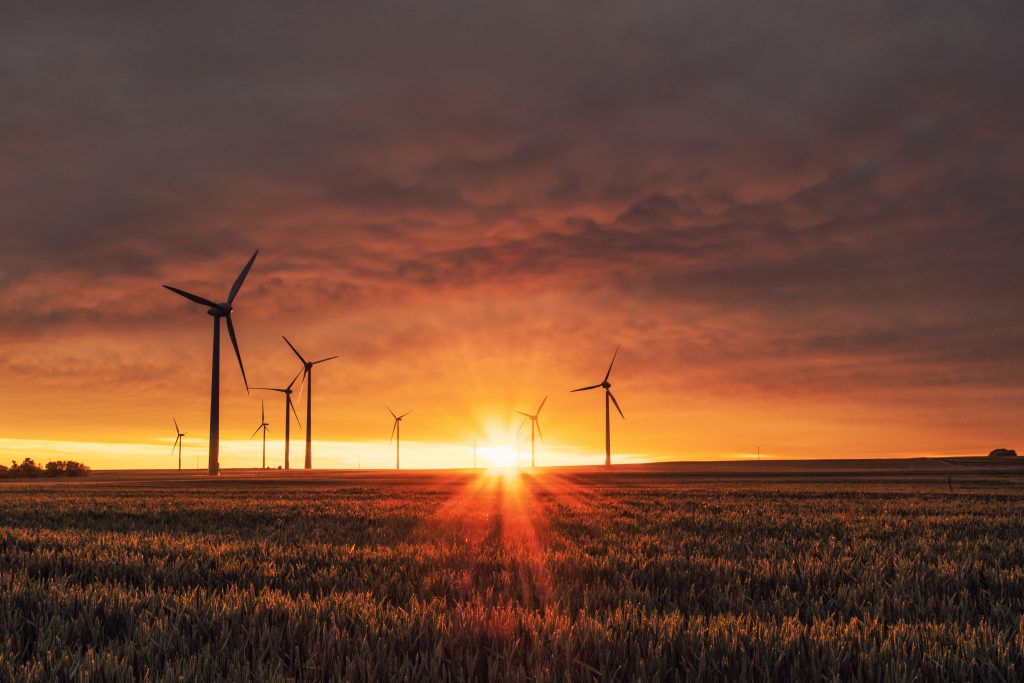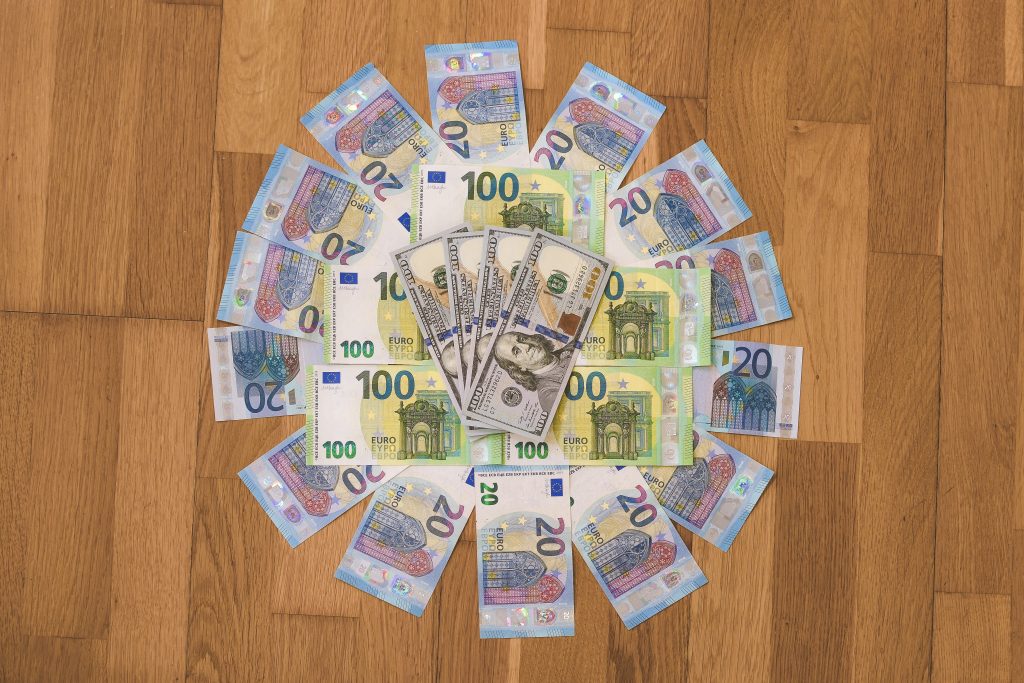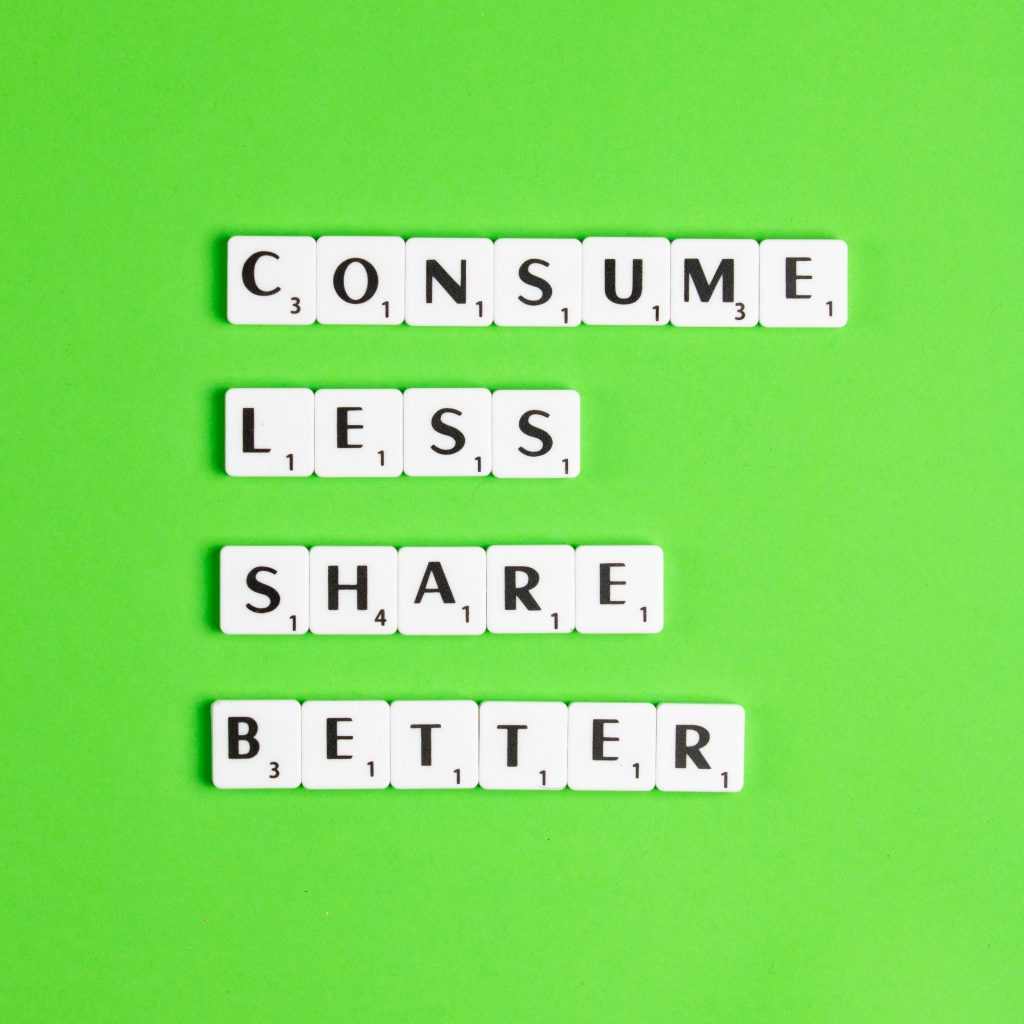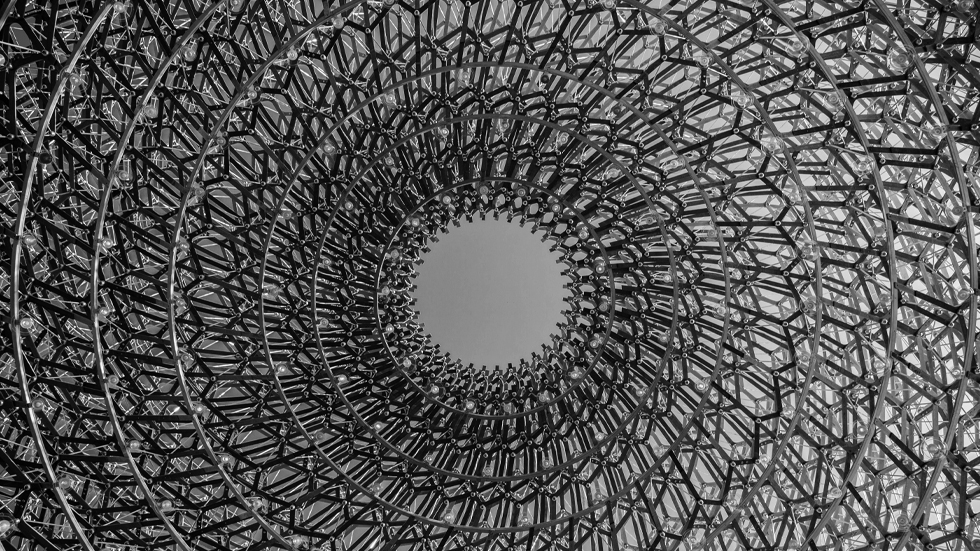Ever since the industrial revolution we have operated on a linear economy, meaning we take, we make, we dispose and then we start all over again. We as humans create large amounts of waste from this way of manufacturing as well as consuming large amounts of resources.
We can reduce our overall Co2 emissions by 55% just by switching to renewable energies but the other 45% comes from the way we produce and consume. If we can reduce that 45% by just half it would be as though we have taken all transport out of the Co2 emissions equation entirely. But what does that mean for businesses, for the economy and for people? And how do we achieve it?

A circular economy is based on keep, eliminate and regenerate. Basically it means producing better that lasts, reusing and recycling by-products or what doesn’t last and eliminating the use of materials and products that can’t be reused or recycled. Everything should feed back into the system to start the whole process again.
Reaching a circular economy has to be a global project or it just won’t work. Raw materials and products criss-cross the planet daily from country to country so without part of that chain complying the whole thing would just collapse.
On a global scale it’s hard to know where to start but the first move has to come from government policy across the globe. Policy needs to be written to set the goals that then each industry/sector decides how to reach. Some countries have already started on their journey; Chile has explicitly put the circular economy into their contribution to the Paris agreement. But there is still a long way to go.
There aren’t just environmental gains from a circular economy either. A circular economy is a more resilient economy as it’s less dependent on raw materials. There is also a huge amount of economic growth in this area along with investment opportunities as the technology increases.

But what does all this mean on a local level? It means collaboration – can you work with other local businesses with suppliers or delivery? Do you produce waste that another business wants/needs to use? It means looking closely at what we make and consume – do you offer a recycling scheme for your products? What materials are your products made from? What happens to the waste created from producing them? Can you choose better?
It means not only buying items that can be recycled but buying less and buying a better option. Waste free is always going to be better than plastic that “can” be recycled.

As consumers we are hugely powerful as we vote with our wallets. The better we buy the more businesses will want to serve us. We’ve seen this huge growth with the plant based/vegan sector. As consumers bought more, more options were created giving us way more choice, making it easier for others to make the switch and at the same time reducing the Co2 impact on the planet from animal agriculture.
So it’s down to everyone from global leaders, huge corporations to us on the ground to help make a circular economy a reality. It could just be the saviour of the planet and our global economy.
If you’d like to find out how your businesses could be embarking on the circular economy journey book my 2 hour Ethical Business Consultation here

